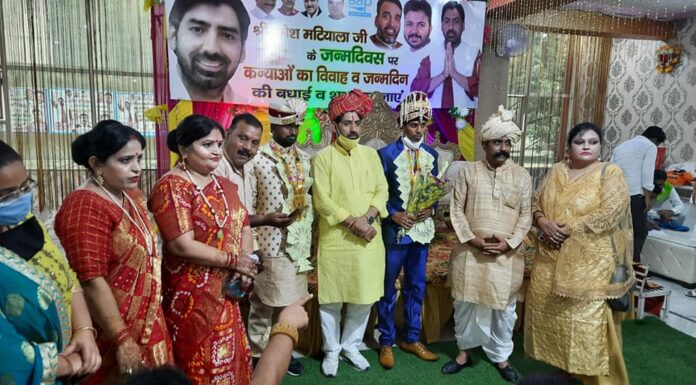Whether you are a first time job seeker or changing your career path, you will have to go through with building your resume before you successfully land your dream job. A well-written resume is sacrosanct if you want to succeed. But, if it is your first job or you haven’t had any experience in the particular field prior to this, what do you put on your resume? You cannot fill your resume with irrelevant details just for the sake of it. Let us try and decode the tricks of writing a resume when you do not have relevant work experience.
Education
If you are beginner, just out of college and applying for a job, you need to start with stating your educational qualifications. Start with your latest educational certifications followed by high school and so on. If you have completed any coursework that is relevant to the job, make sure you mention that too. If you have a good GPA and have been awarded for any kind of academic achievements, you must put that on your resume as well.
Relevant Skills
If you have worked earlier and are looking for a career change, start your resume with the work experience that you have. But, here is the trick. You need to state the transferable and relevant skills that you have acquired from your previous job. Do not forget to write down any volunteer work, community projects or team experience that you might have gathered in the past. If you have been in any position of leadership or responsibility, you need to mention that as well. You can follow it up with your educational qualification. Whether you are good with computers or have experience with documentation or making presentations, these are skills that are valued. These will give you an edge even without relevant work experience.
Talents/ Personal Interests
Your future employers would be interested in knowing if you have any other areas of interest. Multifaceted personalities are always considered an asset. If you have other hobbies or special interests you need to mention them on your resume. Have you trained in music? Were you part of your college drama club? Have you participated in debates? These little things make a huge difference and are excellent conversation starters at interviews.
References
Your future employers would like to check on you so that they can validate your abilities. At the bottom of your resume, do include personal references. It is better if you can get someone with an experience in the job that you are applying for to give your reference. Make sure you speak to them before you put their names on your resume. If possible, have an elaborate discussion and remind them of your educational qualifications, skills and other traits.
Cover Letter
The cover letter is not part of your actual resume. However, it is can play a big role is making a good first impression. Your cover letter should be brief but well written. Make sure you mention why you are interested in the particular job. Make it interesting and help your hiring managers connect the dots on why you are considering a career change in the first place. An honest, enthusiastic but to-the-point cover letter makes your resume all the more interesting for hiring managers.
Keep your resume clutter free and informative. Make sure every piece of information put there is 100% accurate. Do not let your lack of relevant work experience stand in your way. With a good resume, you can get that very important interview that will serve as the doorway to your new job.

























